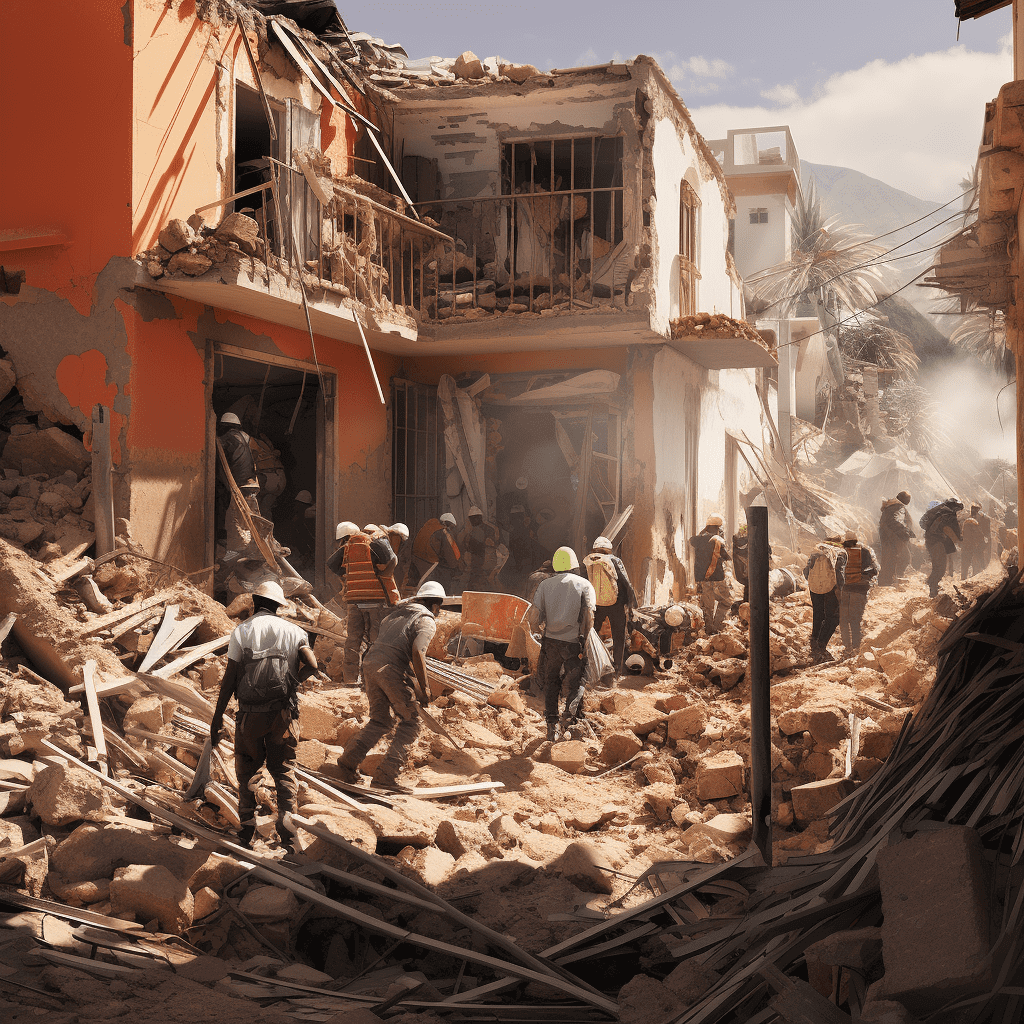The aftermath of Morocco’s deadliest earthquake in more than six decades has left survivors struggling with shortages of food, water and shelter. The search for missing individuals continues, and the death toll, which has already exceeded 2,100, is expected to rise even further.
Many people are preparing for a third night outdoors after the 6.8-magnitude earthquake struck Friday afternoon. Aid workers face the formidable challenge of reaching the hardest-hit villages in the High Atlas, a rugged mountain range known for its remote settlements, where many houses have collapsed. The current death toll is 2,122, with 2,421 injured.
The earthquake’s impact on Morocco’s cultural heritage is becoming increasingly evident, with reports of the collapse of a historically significant mosque from the 12th century. In addition, parts of the old city of Marrakesh, a UNESCO World Heritage Site, were damaged.
In the village of Moulay Brahim, residents tell stories of digging the deceased out of the rubble with their bare hands. Amid the heartbreaking scenes, a resident mourns the loss of a 45-year-old woman and her 18-year-old son, both buried together.
As survivors retrieve belongings from their damaged homes, they express concern for possible undiscovered individuals trapped in the rubble. Shortages of essential supplies such as water, food and electricity have left many frustrated, with government aid limited so far.
The impact of the earthquake is compounded by the vulnerability of many houses built with materials such as mud bricks, wood or cement and breeze blocks. This disaster marks the deadliest earthquake in Morocco since 1960, when an estimated 12,000 lives were lost.
In Amizmiz, a hard-hit town, residents anxiously await updates as rescuers work diligently to find survivors among the wreckage. Despite their efforts, the team eventually recovers only lifeless bodies.
The Moroccan army, actively involved in the rescue operation, has set up a camp with tents for the homeless. With most shops damaged or closed, residents face challenges securing essential supplies.
Several countries have offered aid to Morocco, including France, Turkey, Spain and Qatar. The United States has sent a team of disaster experts to assess the situation.
As the search for survivors continues, the international community stands ready to provide aid. The next few days are crucial to locating people trapped under the rubble, and humanitarian efforts remain a priority.
This article is sourced from and written by AI.
Track and stay informed about AI-generated news:

